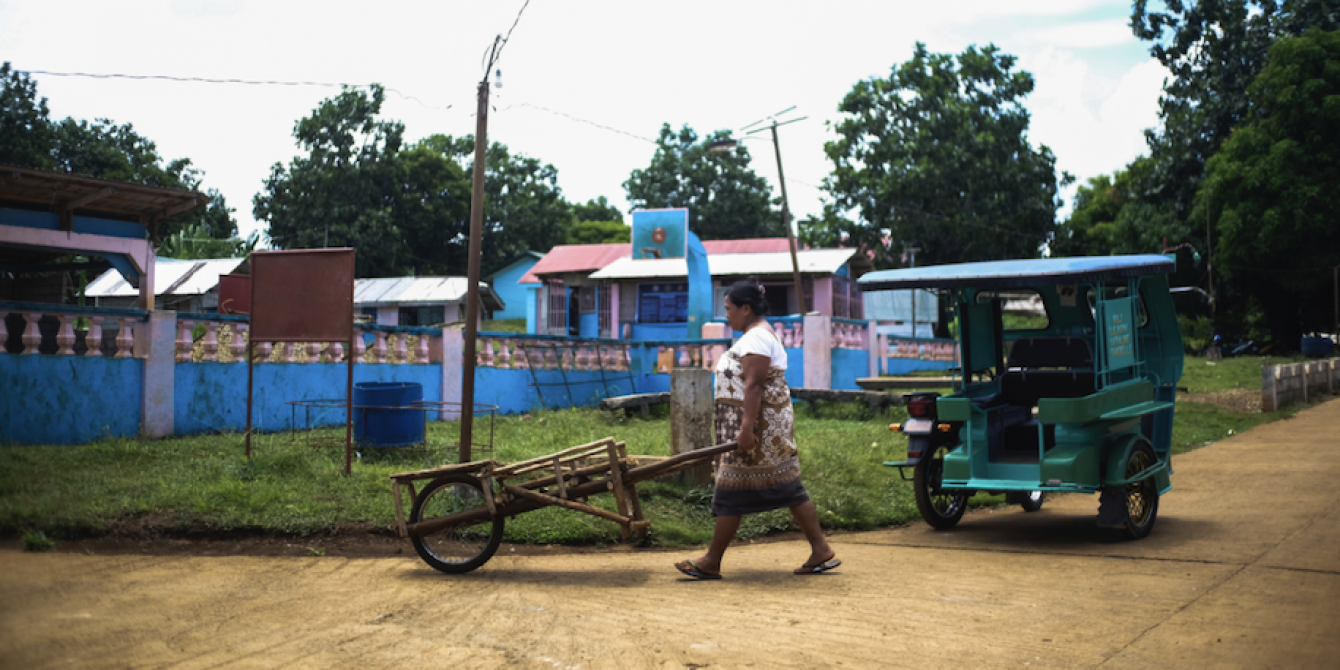Financing for Development in the Philippines

As the Philippines approaches upper-middle-income status, it continues to face the challenge of fighting poverty and economic and gender inequalities, while also confronting COVID-19. Public debt is set to dramatically increase, and donors are likely to ramp up funding to help foster recovery from the pandemic. Transparency and accountability are essential to guarantee efficient and judicious use of funds. The Philippines might have to consider a “debt brake” if government borrowing exceeds manageable levels, and donors should emphasize grants over loans. Aid should focus on building self-reliance based on localization, untying assistance and support for progressive revenue-raising.
The Philippines, like many developing countries, faces the challenge of fighting poverty and reducing economic and gender inequalities while also confronting the COVID-19 pandemic. Before the onset of the contagion, the Philippines had been approaching upper-middle-income country status, albeit with a mixed development record for the past two decades. Although it has enjoyed continuous and relatively rapid economic growth since the 2000s, the Philippines has failed to address the high level of inequality that has characterized its society for decades. The sustainability of the country’s growth also comes into question given that it is lagging on its commitment to the 2030 Agenda for Sustainable Development. As the COVID-19 pandemic continues to ravage its key economic growth areas, two important questions remain unanswered: (1) To what extent will the needs for COVID-19 response and recovery impinge on the financing for reducing poverty and economic and gender inequality in the Philippines? (2) To what extent will the domestic needs of donor countries impinge on current and future commitments to the Philippines?

 Follow us on Facebook
Follow us on Facebook Instagram
Instagram Follow us on Twitter
Follow us on Twitter LinkedIn
LinkedIn